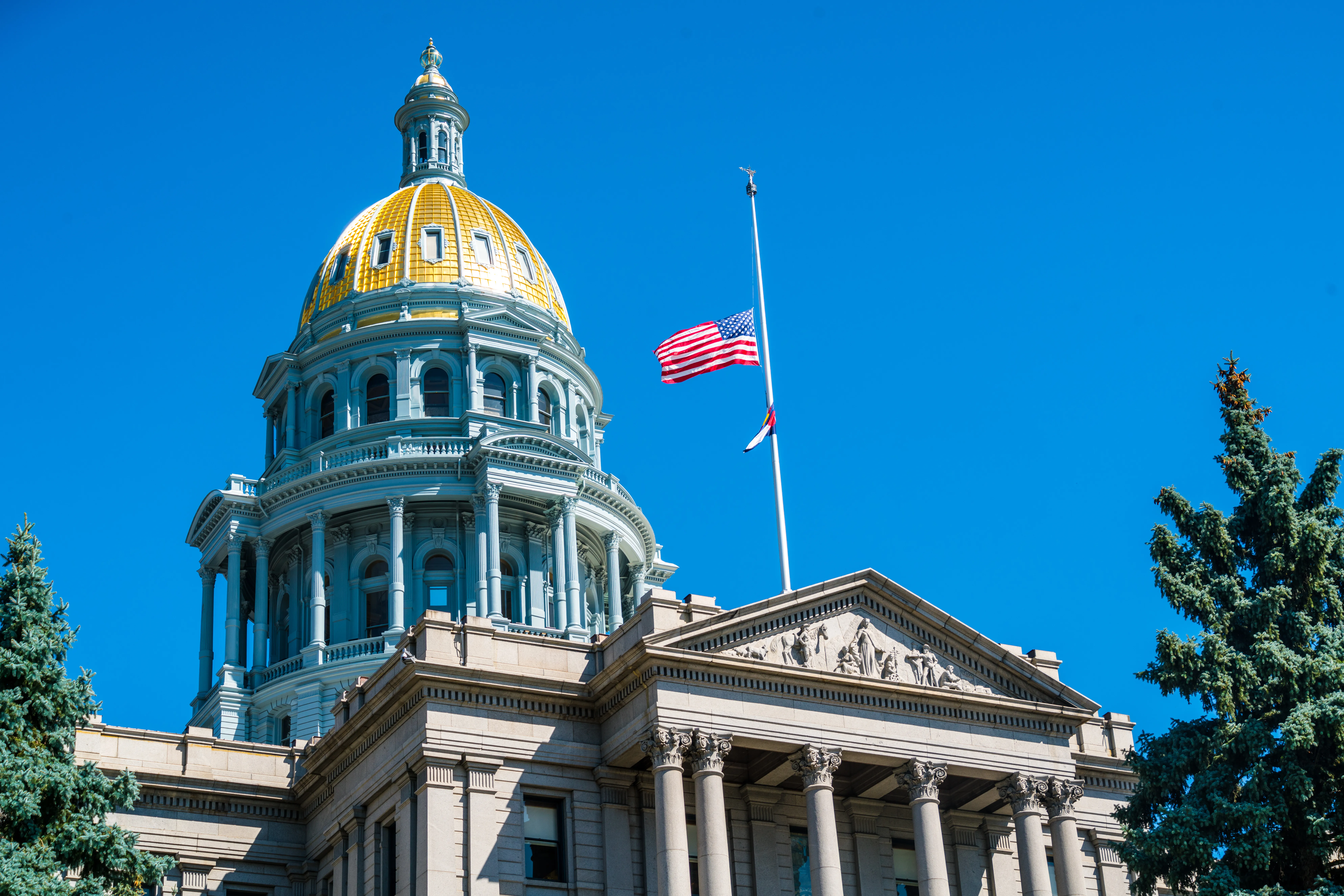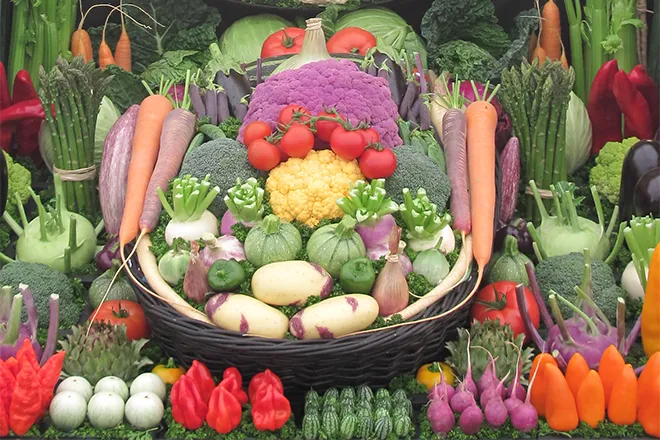
Daily Audio Newscast - August 30, 2024
News from around the nation.
Arizona gears up for possible wave of election deniers; Harris explains in CNN interview why she's shifted position on key issues since her first run for president; 'Project 2025' could affect thousands of federal workers in Virginia; Nationally proposed medical debt policies can aid New Yorkers.
Transcript
The Public News Service Daily Newscast, August the 30th, 2024.
I'm Mike Clifford.
Election day will be here before we know it and Arizona is gearing up for possible setbacks from embedded election deniers.
Alex Gulotta is the Arizona State Director with All Voting is Local Action and says there are candidates who wanna take power away from voters and who have already claimed that if they don't win, the election was rigged.
Gulotta says that simply isn't how things work.
The election is the people saying who won and people can't say ahead of time that the only way there's a fair election is if I win.
And we've just had a lot of that in recent years.
Gulotta says his biggest concern for Arizona going into the fall is what he calls a longer and more complicated ballot, which in most counties will consist of two sheets.
He suspects that will create a number of opportunities for there to be issues processing ballots, but wants Arizona voters to know that election officials have backup procedures in place for if and when those situations arise.
I'm Alex Gonzalez reporting.
Next from CNN, Vice President Kamala Harris Thursday offered her most expansive explanation to date on why she's changed some of her positions on fracking and immigration, telling CNN's Dana Bash her values haven't shifted, but her time as Vice President provided new perspective.
In that CNN exclusive sit down interview, Harris also said she would name a Republican to serve in her cabinet if elected.
Meantime, former President Donald Trump is vowing to eliminate or alter thousands of government jobs if he wins in November, and that could have a massive impact in nearby Virginia.
One major change would be gutting civil service protections, which aim to keep millions of federal employees performing day-to-day jobs away from political influence.
Donald Sherman, with Citizens for Responsibility and Ethics in Washington, says it's important for the government to function for all people.
You can understand why you wanna have government food inspectors or government highway technicians who have not just years, but decades of expertise and have loyalty to their craft as opposed to loyalty to a particular politician.
A plan for the Trump administration put together by a right-wing think tank called Project 2025 calls to reclassify tens of thousands of employees as political appointees.
Labor groups are worried this could dismantle nonpartisan bureaucracy by cutting jobs, taking away union rights, lowering pay, and privatizing some federal departments.
Trump says that's exactly what he has to do to, quote, "drain the swamp" and restore America's trust in government.
Sherman says civil service protections also protect Americans from corruption.
If you are a person in need of assistance from the Department of Justice or the Department of Housing and Urban Development, there's not someone on the line asking you, "Well, before I offer you assistance, what's your political party?"
I'm Will Waukey.
This is Public News Service.
Next to California, where a bill just introduced in the Congress would raise public awareness of issues surrounding end of life, including palliative care and hospice.
The Compassionate Care Act would establish guidelines for advanced care planning between health providers and patients.
Lisa Paul is a social worker from Torrance who guides families through hospice.
We live in a culture that is very avoidant of conversations on death and dying, and so public education around the importance of planning ahead will improve access so that everyday Americans know to ask for hospice and palliative care.
The bill would direct the government to develop education resources for providers, expand telehealth options, and facilitate a study on a national advanced care planning registry that would allow patients to transfer their advanced directives from state to state.
I'm Suzanne Potter.
A similar bill stalled in the House of Representatives in 2020 and never got a vote.
And concern is growing over PFAS, otherwise known as forever chemicals, and fertilizers made from human waste.
It's called biosolid fertilizer, and it's a billion dollar industry in the US.
The substance is often cheaper than other chemicals, and it saves cities money by keeping sewage out of landfills.
The problem is it smells really bad.
Sandra Trawick is a donkey farmer in central Oklahoma.
It's something so horrific and so nauseating that it makes your eyes water, it gives you an instant headache.
Some people just instantly throw up.
It's next level horrible.
Trawick's also concerned about the chemicals sometimes found in biosolids, which have been shown to harm the environment and human health.
More than 80 percent of Oklahoma's wastewater sludge ends up in crop fields.
This story was produced with original reporting from Ben Felder with Investigate Midwest.
I'm Will Waukey.
And finally from a Roz Brown, a scientist who says he found extreme plutonium contamination in Los Alamos.
Over a 20 year period ending in 1963, liquid and often radioactive waste was dumped down the canyon. 60 years later, Dr. Michael Ketterer, a professor emeritus of chemistry and biochemistry at Northern Arizona University, presented his contamination findings to Nuclear Watch New Mexico.
He looked at water, soil, and plant samples and believes those living nearby should follow his lead.
New Mexicans, you guys can do this too.
Your state needs a community instrument, not one run by the state or the locals or by DOE, one run by the community.
You can do this too.
Ketterer says the instrument would provide those downstream updated contamination readings.
I'm Roz Brown.
This is Mike Clifford.
Thank you for wrapping up your week with Public News Service.
Member and listener supported.
Hear us on great radio stations, your favorite podcast platform, and find our trust indicators at publicnewsservice.org.
















